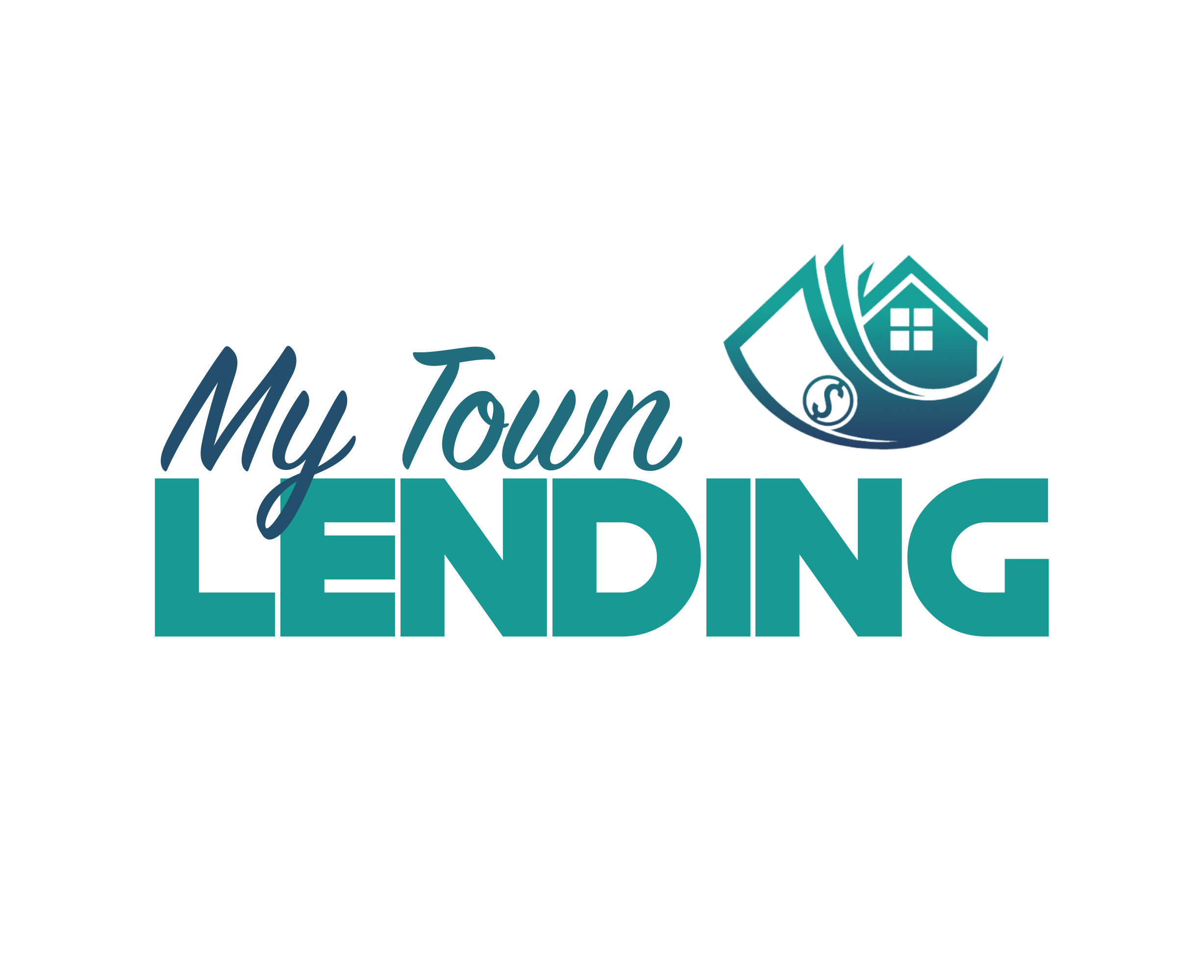
- Dana Valentino
- August 17, 2022
- No Comments
Would you go shopping to purchase a new watch, TV, or clothes if you didn’t have any money? Probably not. Many people tend to start shopping for a new home without having a pre-approval for a loan first. This is a brief look at How To Get A Mortgage so you can start shopping for your home.

You probably already know that a mortgage is a loan that you receive in order to purchase a home. Let’s go over a few things that lenders are looking for so you can learn as much as possible and be prepared to begin and complete the mortgage loan process.
What Are Mortgage Lenders Looking For?
A Mortgage Lender will look for a few different things when you apply for a real estate loan. The goal is to determine your ability to repay the mortgage. A few key factors are: credit score, income and job history, debt-to-income-ratio, your assets and what type of property you are looking to purchase.
CREDIT SCORE
Your Credit Score is a major factor in determining your ability to secure a loan. A high Credit Score shows the mortgage lender that you have a good history and ability to pay your bills on time. A low Credit Score makes you a higher risk because it tells the lenders you have a history of mismanaging your money.
For a conventional loan the minimum score is typically 620, and for a government-backed loan the minimum is 580; however, this can vary depending on which loan type you chose.
Having a higher Credit Score will provide more lender options and lower interest rates. If you have a low Credit Score it is a good idea to work on boosting your score a few months before applying for a loan.
INCOME AND JOB HISTORY
This is one of the first things a mortgage lender will look at when you apply for a mortgage loan. There is no set amount of money you must earn; however, the lender needs to know that you have a steady cash flow to pay back your loan.
DEBT-TO-INCOME RATIO (DTI)
Similarly to your income and credit score lenders will look at your Debt-To-Income Ratio (DTI) to see if you have the appropriate amount of cash flow to afford your new loan payments.
DTI is calculated by adding all of your minimum monthly debt payments and dividing this total by your gross monthly income. Debts that will be considered in this calculation are recurring payments like car payments, credit cards, student loans and such. Things like Netflix and groceries will not be a factor.
Typically a conventional real estate loan will require a 50% DTI to qualify. Government-backed mortgages will tend to allow for a higher DTI threshold. DTI will vary depending on the loan you receive.
ASSETS
Lenders will like to see that you have money saved in the bank to assure them you can continue to make your payments if you should fall upon hard financial times.
Types of assets lenders look for are: savings accounts, retirement accounts, and taxable investments.
PROPERTY TYPES
Are you shopping for a single-family home that you and your family will use as your primary residence? This type of loan will probably receive good terms because most people factor this expense into their normal budget and are more likely to make regular house payments.
The type of property you are purchasing will be a factor in which loan you can receive and the terms of the loan since certain property types are considered higher risk to lenders.
Investment property, for example, is seen as a higher risk since it will hold a lower priority than a primary residence if you experience financial hardship.
Interest rates and buyer requirements will vary depending on what you are purchasing. Keep in mind that not every lender will finance every property type.





Call Us Today So We Can Get You Started.
If you are shopping for real estate in Brevard County FL, we can help get you approved. MTL serves Melbourne, Viera, Palm Bay, Coco Beach, Melbourne Beach, West Melbourne, Indian Harbor, Satelite Beach, Merritt Island, and the surrounding areas.